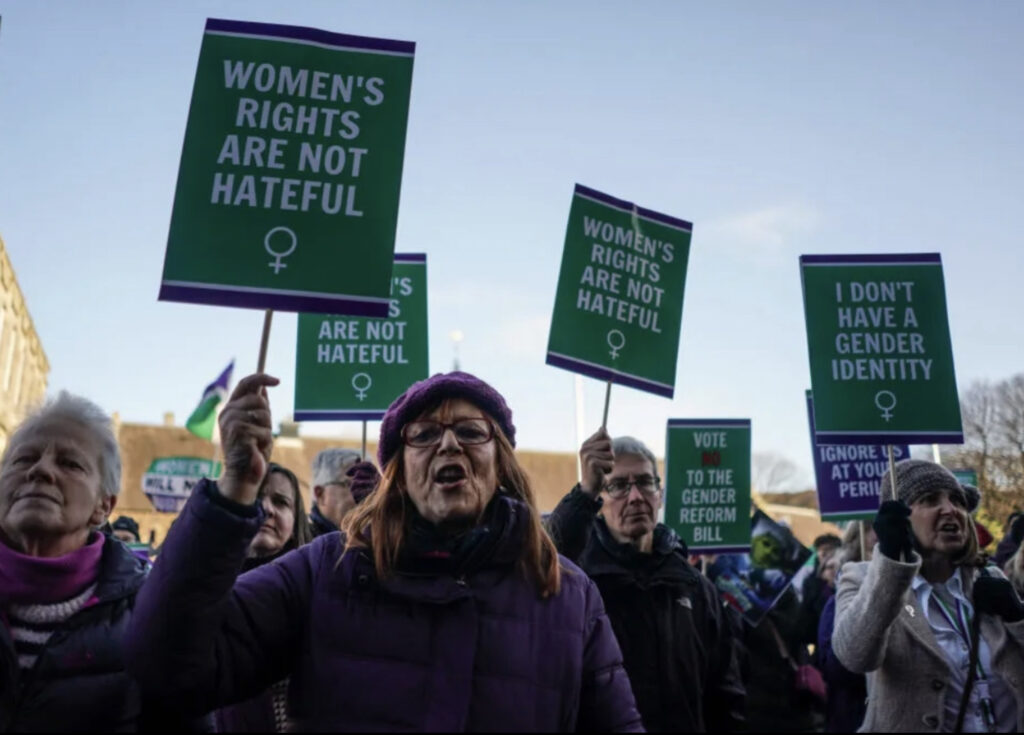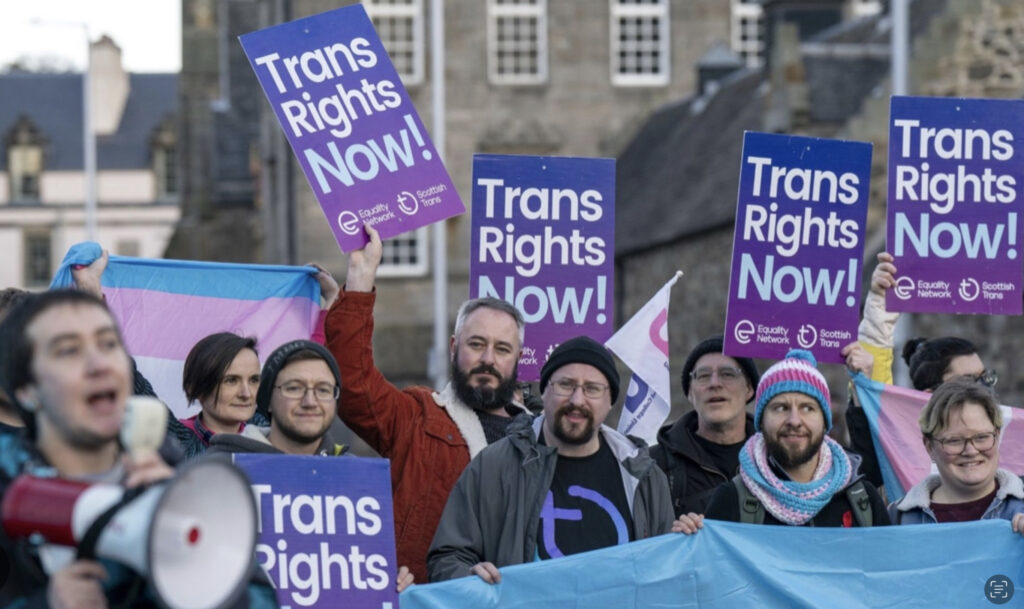Scotland’s gender reform bill – Zara S
What you should and need to know as Westminster prepares for constitutional battle over the Scottish government’s gender reform bill
Following the Scottish government passing the gender bill in December 2022, making it easier for people to change their legal gender and gain a gender recognition certificate, legislation has now been blocked by the Scottish secretary for “‘interfering with UK legislation”.
But what actually does this gender deform bill entail? The gender recognition reform was passed by Scottish parliament this past December, but in January Westminster decided to block the passing of this bill through royal assent due to its’ apparent unconstitutionality, the first time Westminster has used this power in the 25 years since Scotland became a devolved nation. The bill ultimately means that the legal age someone can change their gender in Scotland would be lowered from 18 to 16, with the person only having to live as their gender for three months, rather than two years and with there no longer being need for diagnosis of gender dysphoria.
Under new legislation, any Scottish citizen would be able to apply for a GRC, a copy is the emailed to the national records of Scotland and a new birth certificate showing the person’s new gender is issued, without displaying that they ever changed their gender.

Arguments against the bill:
After the bill had been passed in, Scotland secretary Alistair jack states that, “we share the concerns that many people have regarding certain aspects of this bill, and in particular the safety issues for women and children”
The commons fear that the bill put forward by Scotland may lead to gender tourism, where people gain gender recognition certificates in Scotland and then demand the same laws in England where the legislation would not apply, meaning that people who change gender in Scotland would have a different legal gender everywhere else in the UK.
Some have concerns that predatory men could obtain a gender form certificate in scotland in order to gain access to single sex places, such as public bathrooms, putting people in danger. With the UN rapporteur saying that the new bill, could potentially allow violent males to ‘abuse’ the system.

Support for the bill:
In Scotland, MPs debated for two days, with the SNP experiencing the most backbench backlash since it became a devolved nation, before the bill was eventually passed. It was argued that it provides a simpler and even fairer way for transgender men and women to be legally recognised for who they are, “allowing them to live with the dignity we all deserve”
In light of certain backlash to the bill, it was also clarified that the bill would not change the protection of woman under the equality act, agreeing to an amendment where anyone on the sexual predators or with a sexual offences prevention order will not be allowed to obtain a gender recognition certificate. With the first minister stating, ”the bill would not give predatory men more access to women”.
Looking to the future we can potentially expect an impact on sex discrimination laws across the UK, with ministers insisting it is not the ‘content’ of the bill, as they are “very supportive”, but it will potentially further divide Scotland from the UK. Ultimately this battle is over the power grab in light of devolution and the lives of thousands of transgender people currently living in Scotland, as well as the UK as a whole.















Post Comment
You must be logged in to post a comment.